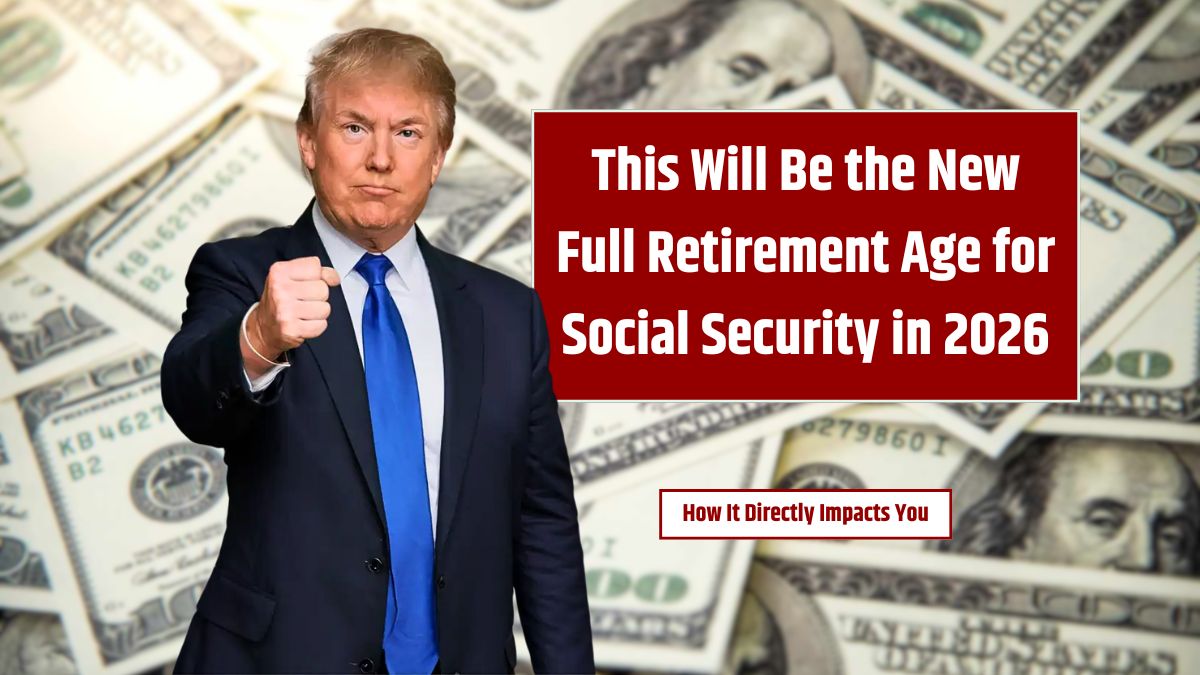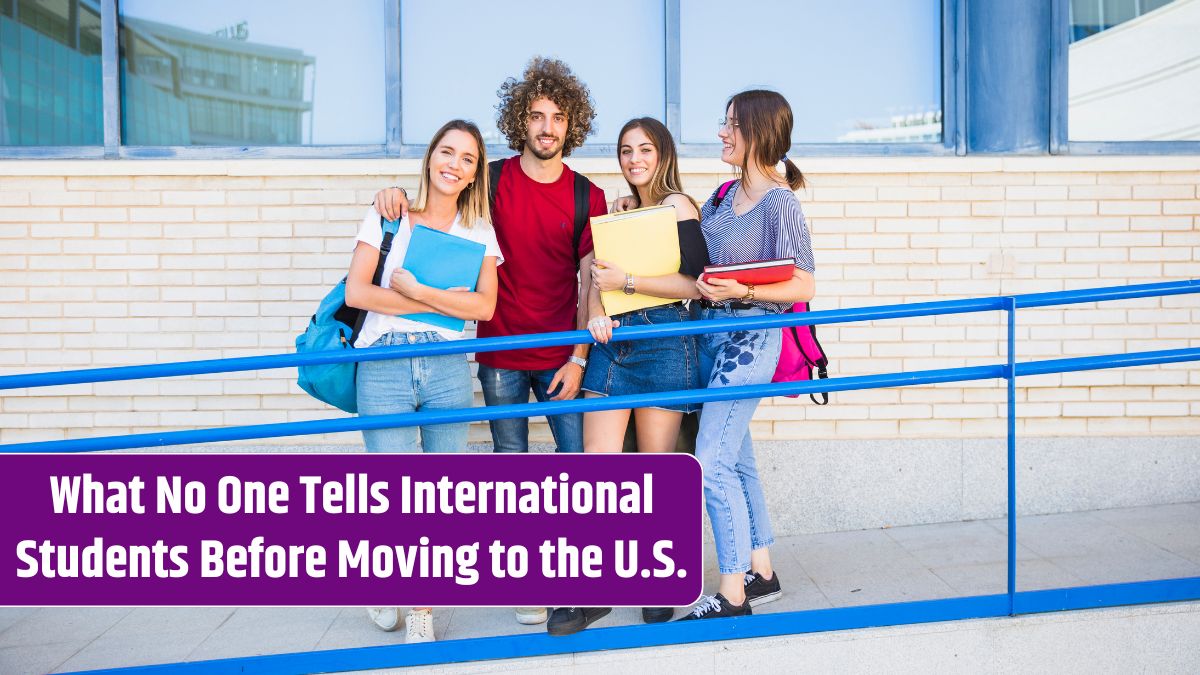Higher education is going through a serious makeover—and 2025 is right at the center of it all. From new tech to evolving student expectations, universities are rethinking how they teach, operate, and connect with learners. Whether you’re a student, educator, or just curious about the future of learning, these trends are the ones to watch.
Table of Contents
Hybrid
Hybrid learning isn’t just a pandemic-era solution anymore—it’s here to stay. Students now expect the flexibility to attend lectures both in person and online. Universities are blending traditional classroom experiences with digital tools to create a more adaptive and accessible learning model.
This means recorded lectures, interactive online discussions, and virtual office hours are becoming the norm. Students get more control over when and how they learn—without losing the value of face-to-face interaction.
Skills
The job market is shifting fast, and universities are racing to keep up. In 2025, more institutions are moving away from theory-heavy curriculums and leaning into skill-based learning. Think coding bootcamps, digital marketing certifications, and hands-on workshops right inside degree programs.
Employers care more about what graduates can do than what they’ve memorized. So universities are teaming up with tech companies and industry pros to create programs that teach real-world, job-ready skills.
AI
Artificial Intelligence is transforming higher education from top to bottom. AI is powering personalized learning platforms, grading tools, and even virtual teaching assistants. It’s also helping universities predict which students might need extra support, thanks to powerful data analytics.
But that’s not all—AI is streamlining administrative work, from handling admissions to answering FAQs via smart chatbots. It’s making campuses smarter, more efficient, and a lot more student-friendly.
Microcredentials
Degrees are no longer the only game in town. Microcredentials—short, focused learning programs that teach specific skills—are gaining huge traction. Students love them because they’re fast, affordable, and career-focused. Employers love them because they prove a candidate can actually do the job.
From Google certificates to university-issued digital badges, expect microcredentials to be a standard add-on—or even alternative—to traditional degrees in 2025.
Global
Education is more global than ever. Thanks to online programs and international collaborations, students can now earn degrees from universities halfway across the world—without ever boarding a plane.
Universities are also offering more culturally inclusive curriculums, remote exchange programs, and global internships. It’s making education more diverse, accessible, and connected.
Wellbeing
Mental health and student wellbeing are finally getting the attention they deserve. In 2025, universities are investing more in wellness resources, mental health support, and flexible academic policies.
Expect to see on-campus mindfulness programs, AI mental health chatbots, and flexible deadlines become part of the student experience. Because students can’t thrive academically if they’re burned out mentally.
Here’s a quick look at the key trends:
| Trend | Why It Matters |
|---|---|
| Hybrid Learning | Flexibility and accessibility for students |
| Skill Focus | Aligns education with modern job demands |
| AI Integration | Improves learning and administration |
| Microcredentials | Fast, job-relevant knowing options |
| Global Access | Makes education borderless and inclusive |
| Student Wellness | Supports mental health and academic success |
2025 isn’t just about new tech or trendy programs—it’s about making higher education smarter, faster, and more human. The schools that embrace these changes are setting up their students (and themselves) for success in a very different world.
FAQs
What is hybrid learning in 2025?
It blends online and in-person classes for more flexibility.
Why are microcredentials popular now?
They teach specific skills fast and are career-focused.
How is AI used in education?
AI personalizes learning and automates admin tasks.
Will skills replace degrees?
Skills are valued more, but degrees still hold weight.
What’s changing with student wellbeing?
More mental health support and flexible learning policies.






















